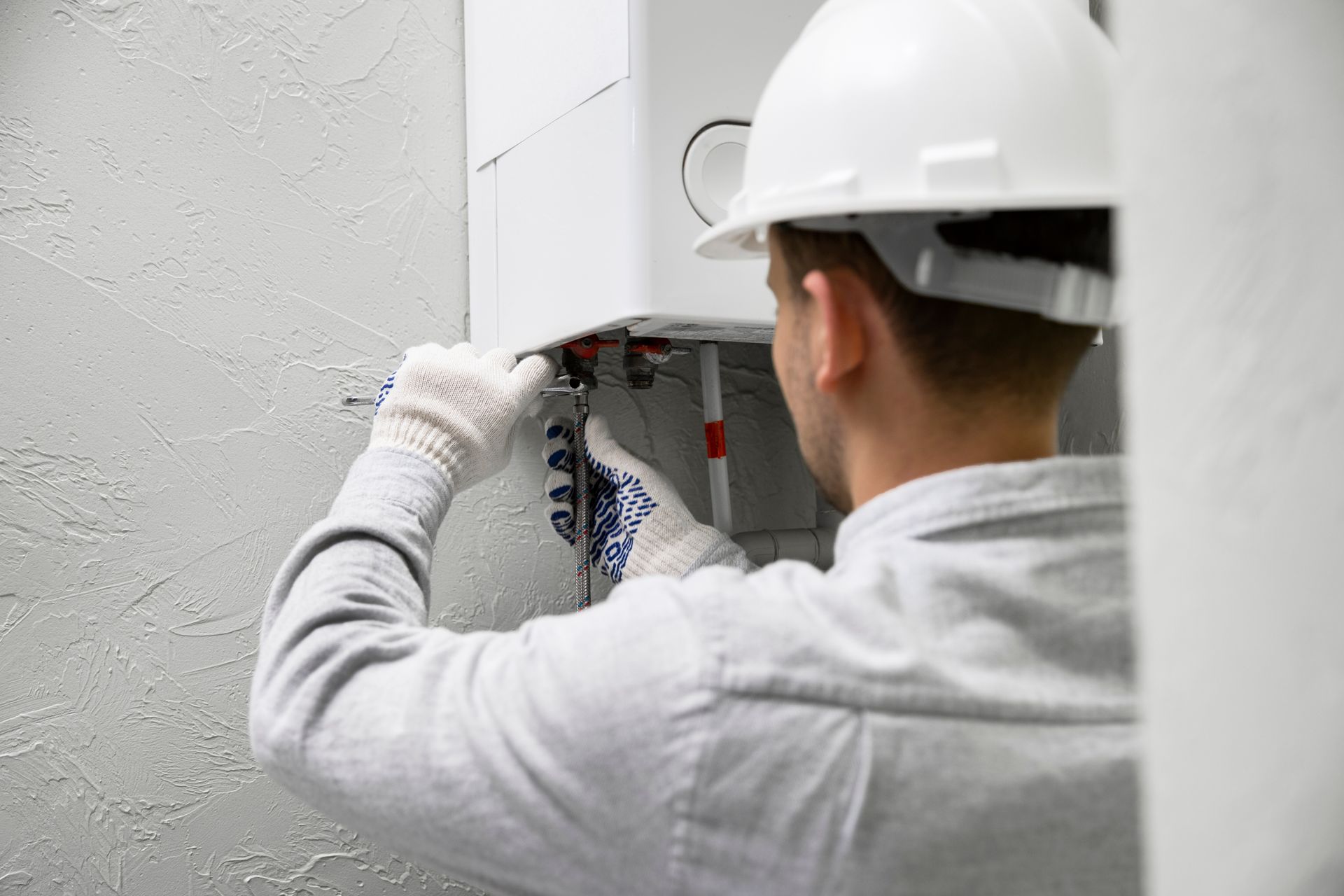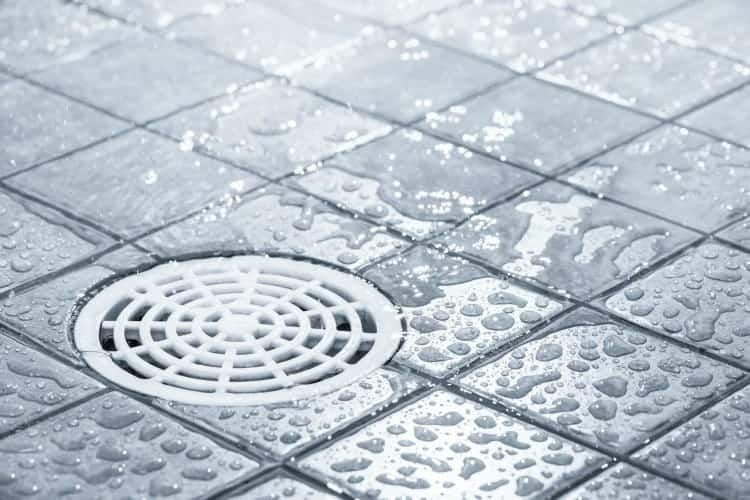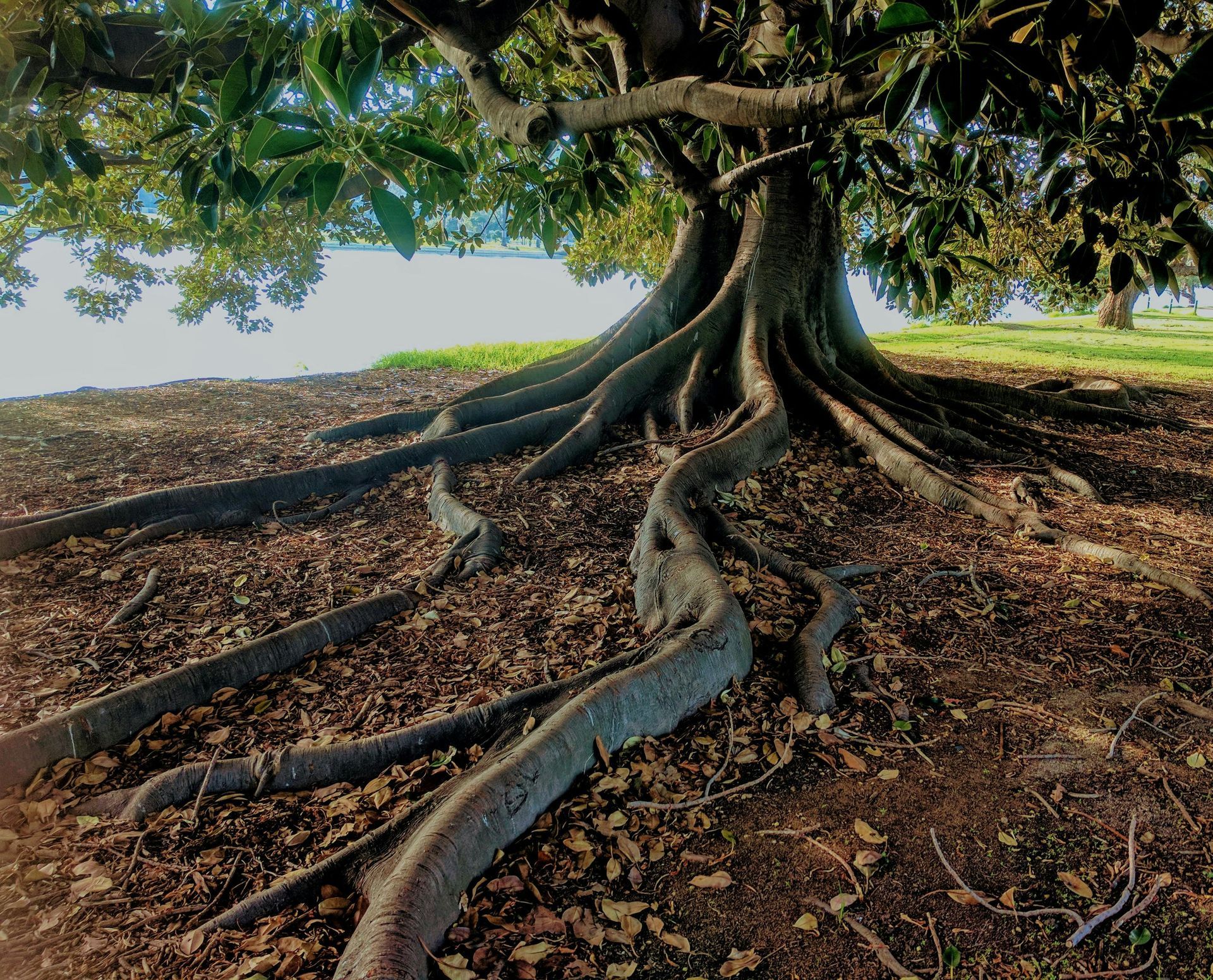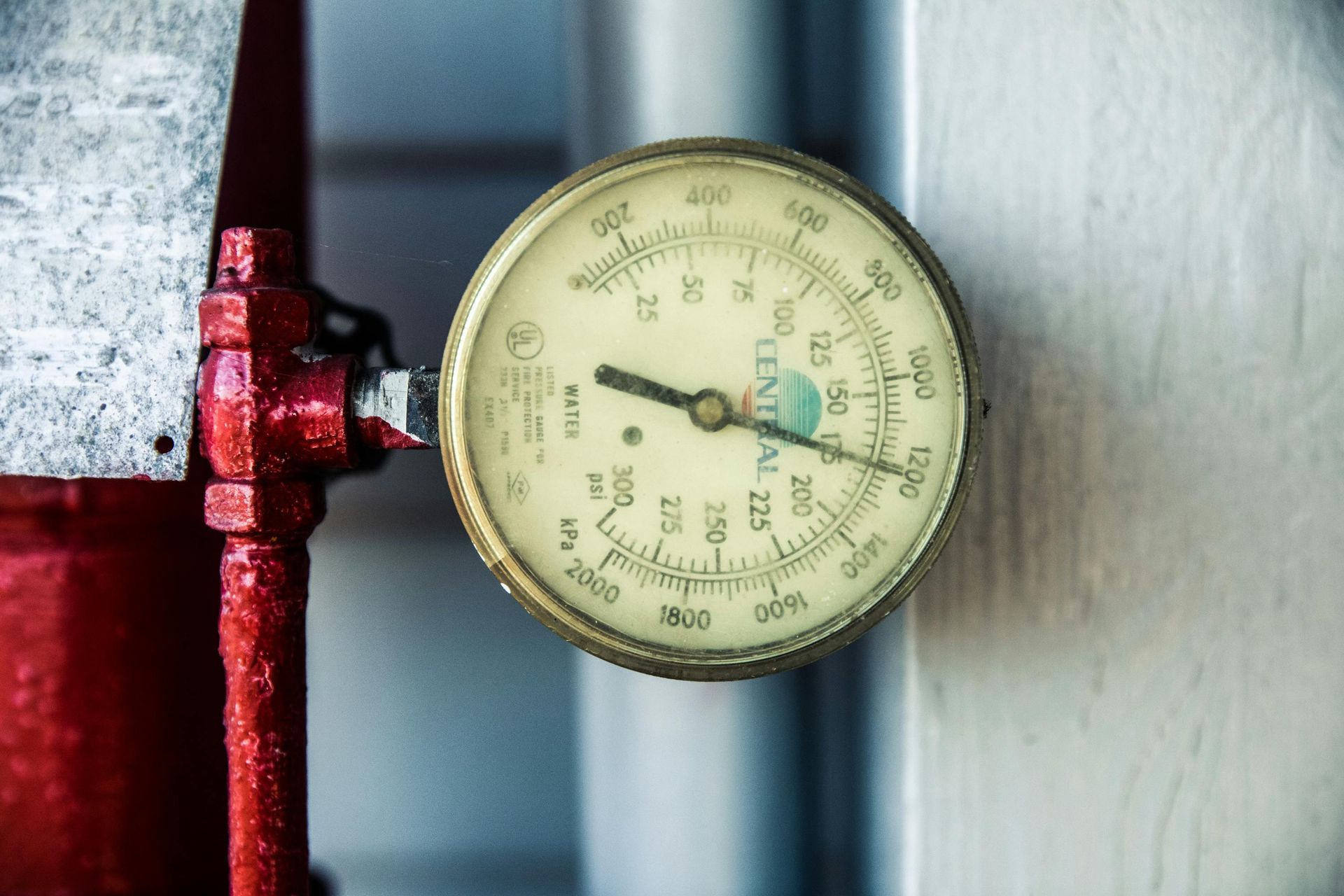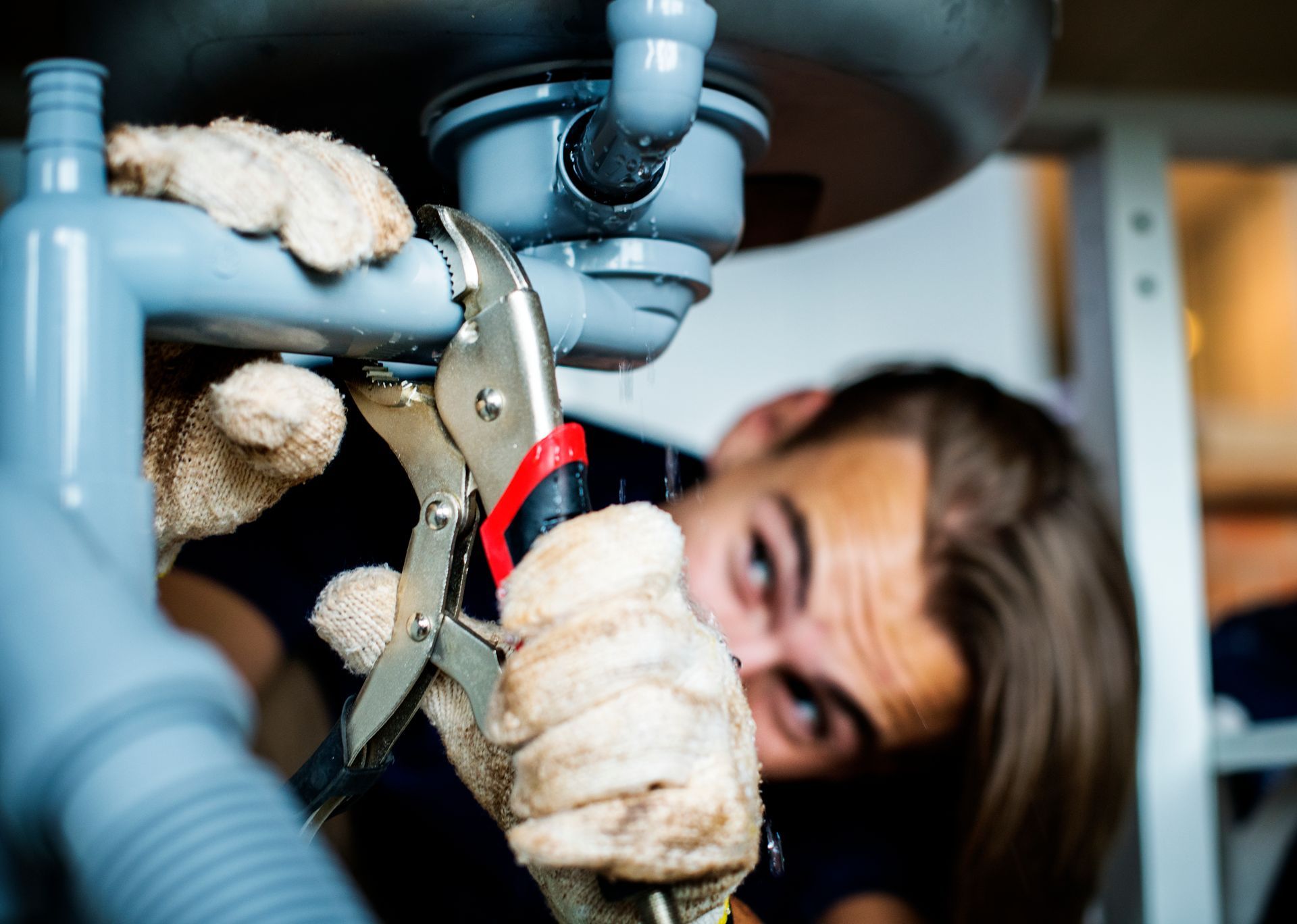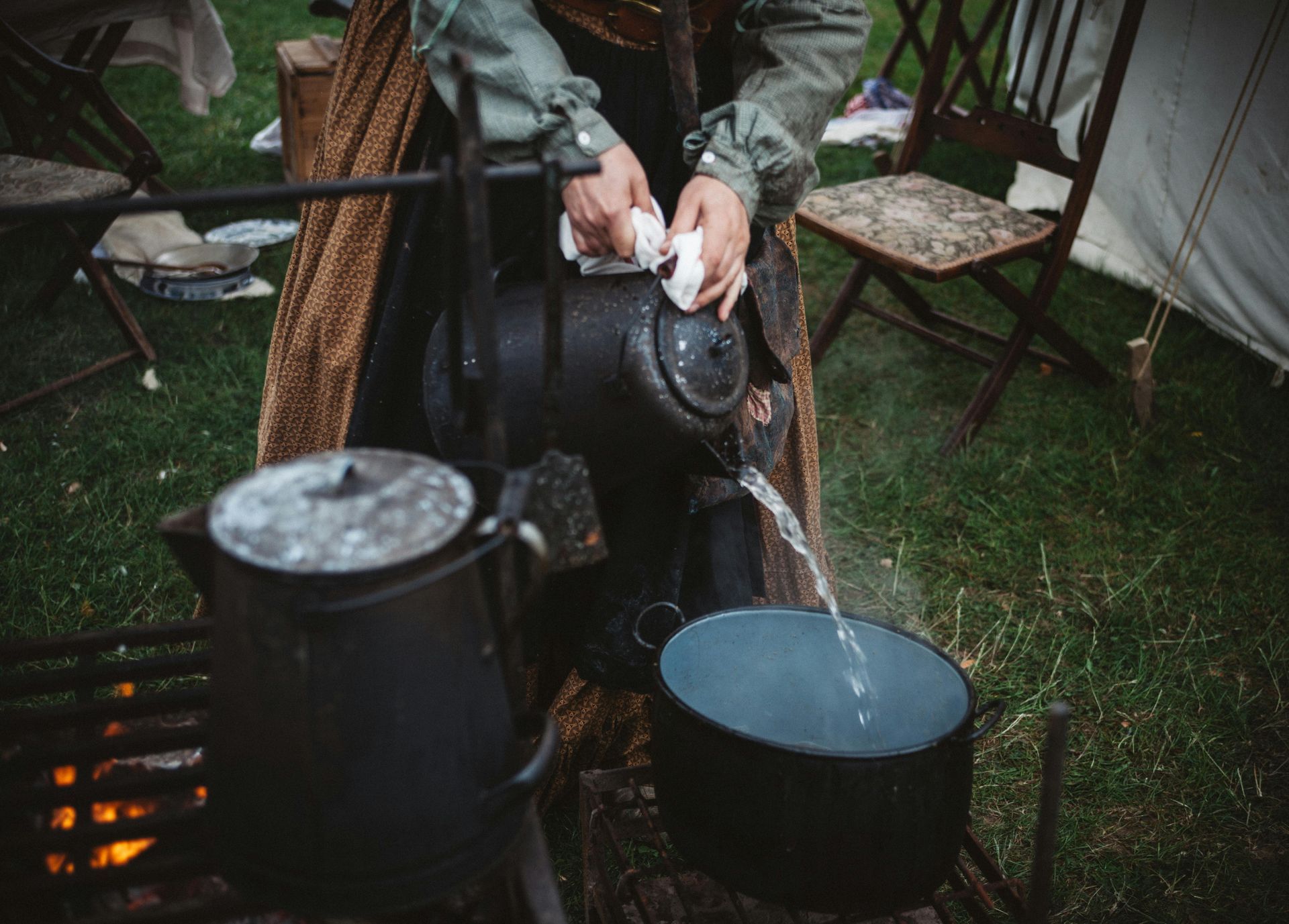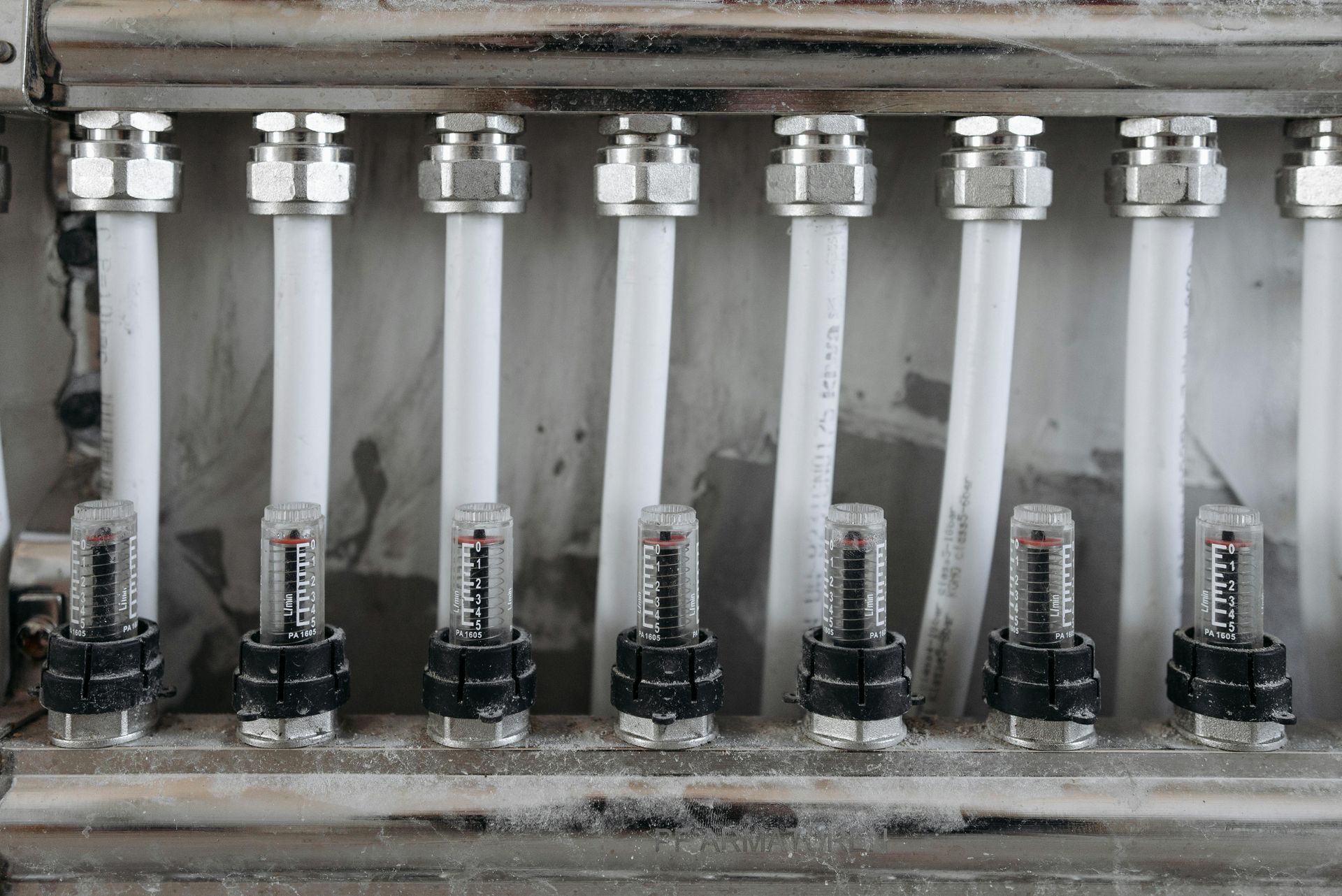How To Clean And Maintain Your Outdoor Drains?
Outdoor drains are critical for protecting your property from water damage, soil erosion, and flooding. Whether you have yard drains, driveway grates, or patio channels, these systems are designed to channel rainwater and runoff away from your home’s foundation. However, without regular cleaning and maintenance, outdoor drains can easily become clogged with leaves, dirt, debris, and even mineral deposits. This can lead to standing water, foul odors, and costly repairs. In this comprehensive guide, you’ll learn how to clean and maintain your outdoor drains, the importance of regular drain clearing, how to prevent mineral buildup, and when to call professionals like All City Plumbers for expert assistance.
The Importance of Outdoor Drain Maintenance
Outdoor drains are exposed to the elements year-round. Leaves, twigs, grass clippings, soil, and even trash can accumulate in drain openings and pipes, leading to blockages. When drains are clogged, water can back up, causing pooling on your property, damaging landscaping, and even seeping into basements or crawl spaces. Regular maintenance not only keeps water flowing freely but also extends the lifespan of your drainage system and protects your home’s structural integrity.
Neglecting drain clearing can also create ideal conditions for mineral buildup inside pipes, especially in regions with hard water. Over time, minerals like calcium and magnesium can accumulate alongside organic debris, narrowing pipes and making future blockages more likely. This makes preventive maintenance essential for both immediate and long-term property health.
Step-by-Step Guide to Cleaning Outdoor Drains
Start by removing any visible debris from the drain grates or covers. Wearing gloves, clear away leaves, twigs, and dirt that may be blocking the drain entrance. For stubborn buildup, use a stiff brush or a garden trowel to dislodge compacted material. If your drain covers are removable, lift them off to access the interior and clear out any debris inside the catch basin or pipe opening.
Once the surface is clear, flush the drain with a strong stream of water from a garden hose. This helps push smaller particles and sediment through the pipes. If you notice slow drainage or standing water, you may need to use a plumbing snake or auger to break up deeper clogs. Insert the tool into the drain and rotate it to dislodge obstructions, then flush again with water to ensure the blockage is cleared.
For more severe or persistent clogs, professional drain clearing services are recommended. Companies like All City Plumbers have specialized equipment such as hydro-jetters that use high-pressure water to thoroughly clean pipes and remove even the toughest blockages, including mineral deposits.
Preventing Mineral Buildup in Outdoor Drains
Mineral buildup is a common issue in both indoor and outdoor plumbing, especially in areas with hard water. As water flows through outdoor drains, it can deposit minerals that gradually form hard, crusty layers inside pipes. This not only reduces water flow but also creates rough surfaces that trap additional debris, compounding the risk of clogs.
To prevent mineral buildup, it’s important to keep drains free of organic debris, which can trap moisture and accelerate mineral accumulation. Regularly flushing drains with water helps move minerals along before they have a chance to settle. In some cases, using a mild vinegar solution can help dissolve early-stage mineral deposits. Simply pour the solution down the drain, let it sit for 30 minutes, and then flush with water.
For properties with persistent hard water issues, consider consulting a professional plumber about water softening solutions or regular descaling treatments. All City Plumbers can assess your outdoor drainage system and recommend tailored strategies to minimize mineral buildup and maintain optimal flow.
Seasonal Maintenance Tips
Outdoor drains require special attention during certain times of the year. In the fall, clear away fallen leaves and prepare for heavy rain by checking all drain covers and grates. In the spring, remove any debris that has accumulated over the winter and inspect drains for signs of damage or blockage.
After major storms, always check your drains for clogs or overflow. Promptly addressing issues after heavy rainfall can prevent water from pooling and causing erosion or structural damage. If you notice persistent drainage problems, such as water not clearing after cleaning, it may be time to schedule a professional inspection.
When to Call a Professional
While routine cleaning can be handled by most homeowners, certain situations call for professional intervention. If you encounter stubborn clogs, recurring blockages, or signs of mineral buildup that cannot be cleared with basic tools, contact a reputable plumbing company like All City Plumbers. Professionals have the expertise and equipment to diagnose underlying issues, perform thorough drain clearing, and offer long-term solutions.
Professional maintenance is especially important for older properties, complex drainage systems, or homes with a history of flooding or water damage. Regular inspections and cleanings can prevent emergency repairs and protect your investment.
Conclusion
Maintaining your outdoor drains is essential for protecting your property from water damage and ensuring the longevity of your drainage system. Regular cleaning, prompt drain clearing, and proactive steps to prevent mineral buildup will keep water flowing freely and reduce the risk of costly repairs. For persistent or complex issues, don’t hesitate to seek help from trusted experts like All City Plumbers, who can provide comprehensive maintenance and peace of mind. By staying vigilant and investing in routine care, you can safeguard your home and landscape against the challenges of outdoor drainage.



